
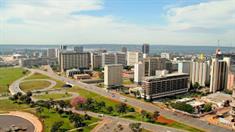
Brasilia es una ciudad planificada y moderna que cuenta con muchos atractivos turísticos. A continua[...]
Se inauguró en 1960 como la capital de Brasil y es conocida por sus monumentos modernistas de Oscar [...]
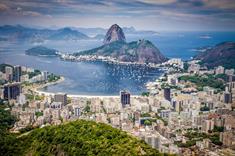
Rio de Janeiro es una ciudad vibrante y llena de vida, con una gran cantidad de lugares turísticos q[...]
Ciudad de Brasil con la playa Copacabana, el Pan de Azúcar, el Carnaval y la estatua del Cristo Rede[...]
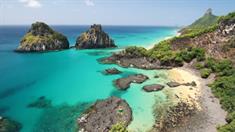
Fernando de Noronha es un archipiélago volcánico a unos 350 kilómetros en la costa nordeste de [...]
Isla brasileña y parque marino con una zona de cría de delfines, sitios de buceo y playas pintoresca[...]
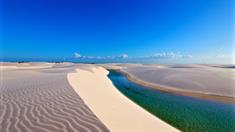
Extensa área costera protegida con dunas, una marisma, numerosos estanques y lagunas.
Reserva brasileña con enormes dunas de arena, la laguna Lagoa Azul, Lagoa Bonita y manglares.
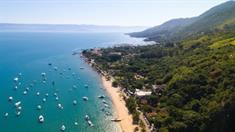
Isla Grande es una isla del estado brasileño de Río de Janeiro rodeada de playas, resguardada por el[...]
Isla brasileña con la playa Lopes Mendes bordeada de palmeras, la aldea Abraão y las ruinas de una p[...]
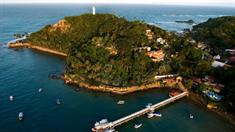
Morro de São Paulo es un pueblo sin coches ubicado en el extremo noreste de la isla brasileña de Tin[...]
Pueblo brasileño con playas con palmeras, la fortaleza de Tapirandu y la iglesia de Nuestra Señora d[...]
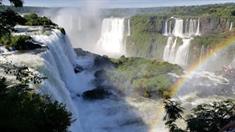
Parque nacional extenso y boscoso con cascadas enormes y famosas, vistas panorámicas y rutas de send[...]
Cascadas, fauna salvaje, vistas y rutas
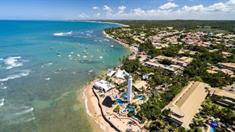
Praia do Forte es una larga playa brasileña, ubicada en la ciudad de Salvador de Bahía al noroeste q[...]
Playa, chelonioidea, testudines y pescaFechas sugeridas con buenos precios: 11–18 de nov.
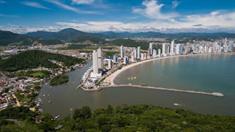
Balneário Camboriú es una ciudad turística situada en el estado brasileño meridional de Santa Catali[...]
Ciudad turística brasileña con el parque Unipraias, el monumento de Cristo Luz y playas como Praia C[...]
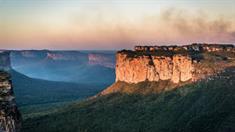
Parque nacional escarpado, rocoso y rico en biodiversidad, con cascadas, cuevas y antiguas minas de [...]
Parque nacional brasileño con vistas desde el cerro Paí Inácio, la cascada de la Fumaça y la gran cu[...]
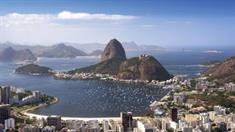
La bahía de Guanabara es una bahía del océano Atlántico localizada en Río de Janeiro, Brasil. Tiene [...]
Montaña y delphinidaeFechas sugeridas con buenos precios: 11–18 de nov.
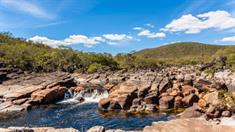
Parque nacional en una meseta alta, con rocas de 1000 millones de años y restos de culturas min[...]
Parque nacional en el centro de Brasil con el río Preto, cascadas, rocas de cuarzo y fauna.
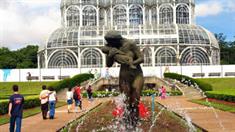
Curitiba es la capital del estado de Paraná en el sur de Brasil. Entre los elementos característicos[...]
Capital de Paraná en Brasil, con la Torre Panorámica, el Museo Oscar Niemeyer y la Ópera de Alambre.[...]
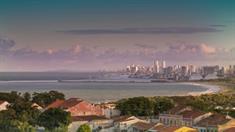
Recife, la capital del estado de Pernambuco en el noreste de Brasil, se distingue por sus numerosos [...]
Ciudad brasileña fundada del siglo XVI con una ciudad antigua colonial, la playa Boa Viagem y museos[...]